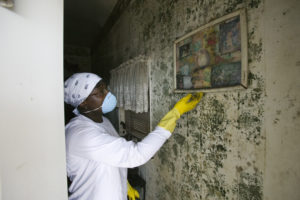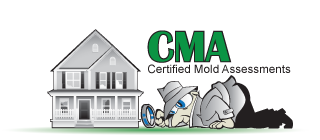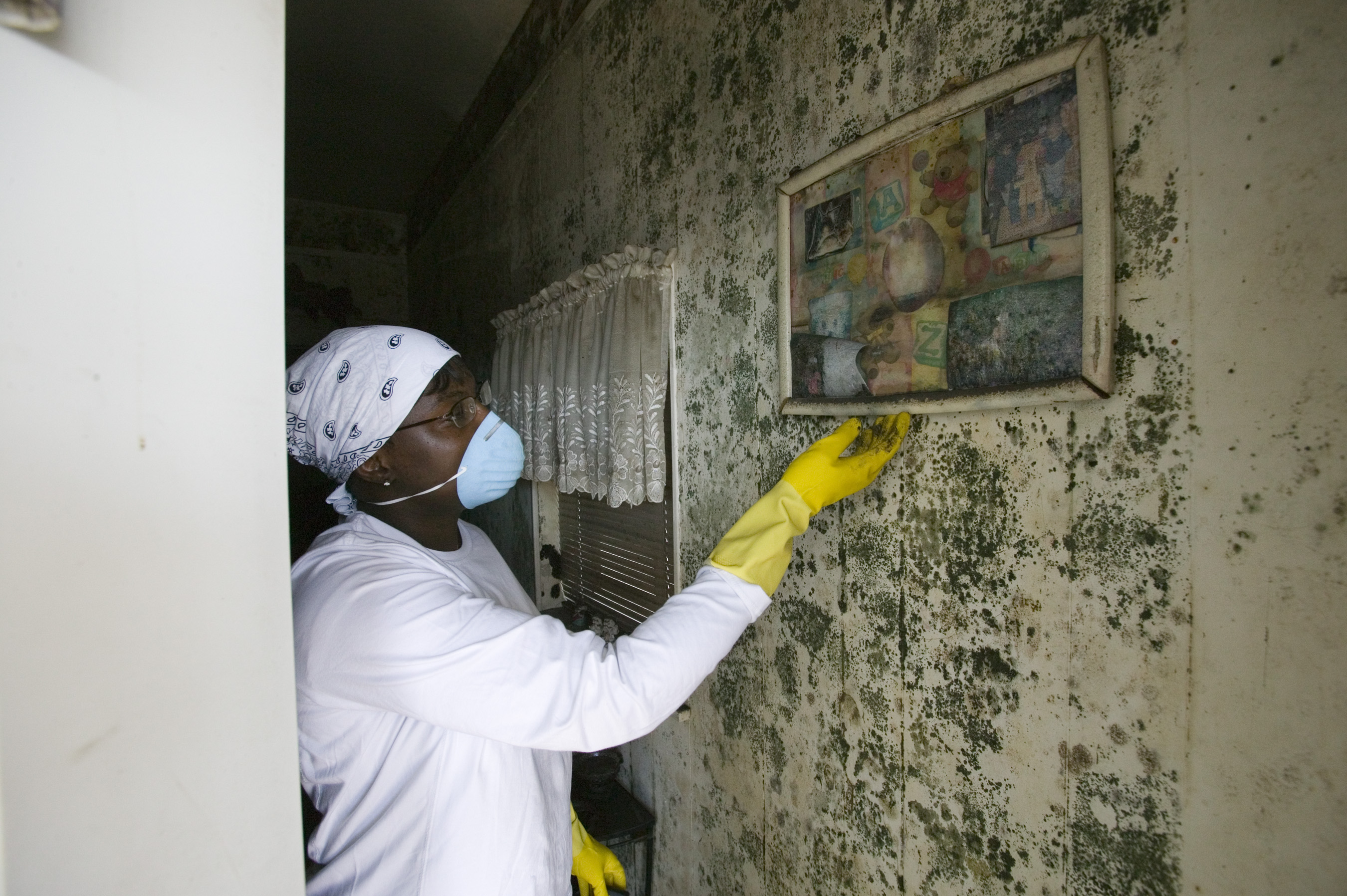 Everybody knows that credit reports are important. The financial and job opportunities that come your way might depend heavily on your score, and various other details associated with your report. That’s why people work so hard to keep their credit reports moving in the right direction – and if you already have good credit, you’re careful not to let it slip.
Everybody knows that credit reports are important. The financial and job opportunities that come your way might depend heavily on your score, and various other details associated with your report. That’s why people work so hard to keep their credit reports moving in the right direction – and if you already have good credit, you’re careful not to let it slip.
You may not realize it, but if you’re a homeowner, your property itself is a kind of credit report. Certain things that happen to your home will stay “on record” indefinitely, and will come into play if you ever want to sell your home, or re-finance.
What kind of events are we talking about? Things like flooding, excessive storm damage, and mold infestations. This last one is increasingly important for homeowners today, since mold can develop into a problem without any major weather event. But make no mistake – mold can be just as devastating as a major storm. In some cases, the long-term effects on property value can be even worse.
But do mold-related events really stay on your home’s record? In what context do such events need to be disclosed? The laws may differ depending on where you live – but here in New Jersey, and in many other states, it’s required by law to disclose mold-related events (including cleanup and remediation activities) to potential home buyers. In other words, it’s illegal to hide the fact that you had a mold problem and that it was cleaned up.
Surprisingly, even a successful and professional mold cleanup job will leave a mark on the home, and may affect property value. That’s because people are wary of mold infestations, and may be skeptical that the problem was truly resolved. There have been many documented cases of homes losing hundreds of thousands of dollars in value due to mold infestations. From the outside, these homes may look immaculate and are situated in desirable neighborhoods. But their history with mold is well-known, and a “property stigma” has been created.
The single best thing you can do to avoid a situation like this is develop a better understand of how mold works, and what you can do now to prevent an infestation from developing in your home. Once a large-scale mold invasion is underway, the cleanup may have to appear on your home’s record. But the sooner you take care of it, the more any long-term effects will be minimized.
What to do if your home needs mold removal
Even though professional mold remediation may stay on your home’s record, it’s still important to go through with it. Not doing so could have far worse consequences to the financial health of your property, and to the physical health of your family. The best thing you can do is get solid advice from an honest and reputable mold cleanup specialist. They’ll have the necessary tools to assess and test for mold. Depending on the assessment, they’ll be able to outline a solid remediation plan that sets your mind at ease.

